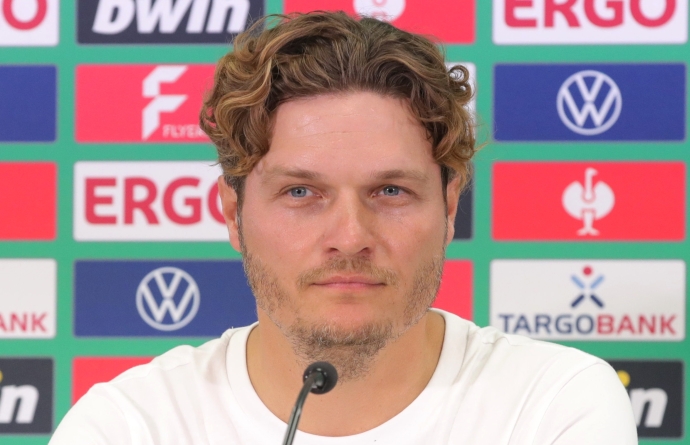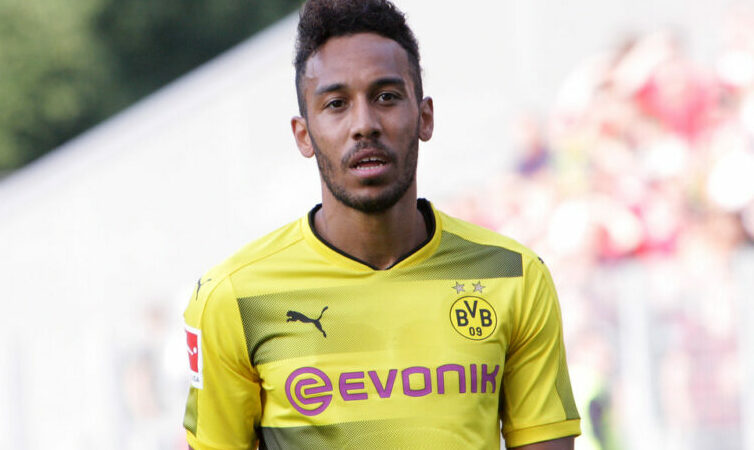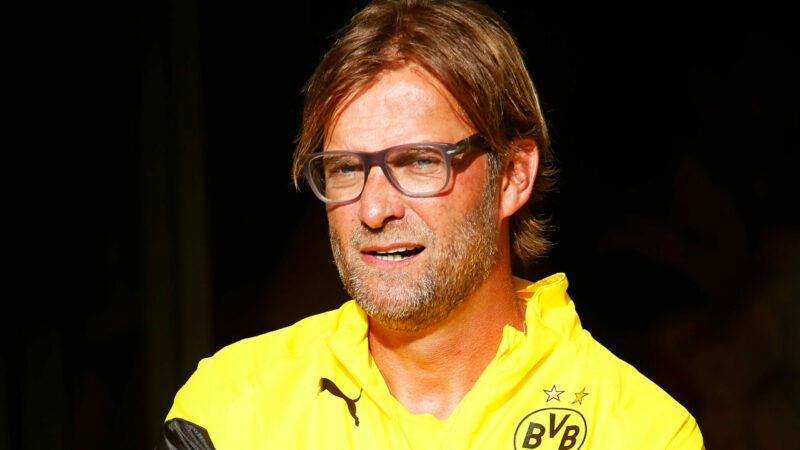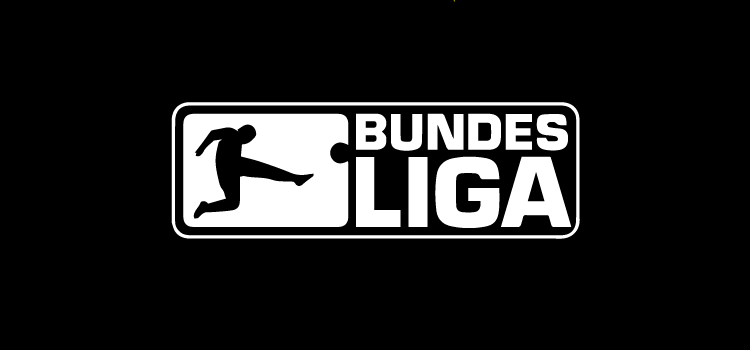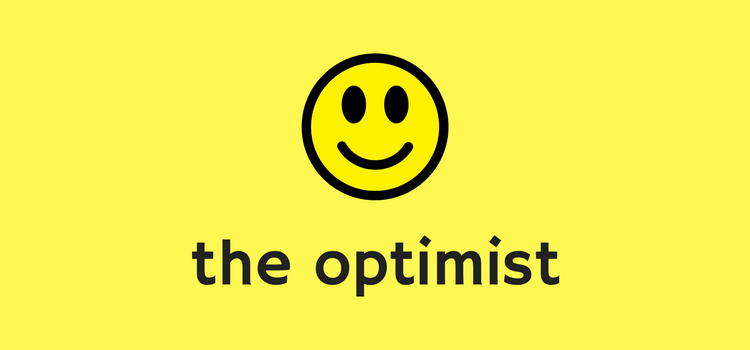German football’s unique rule
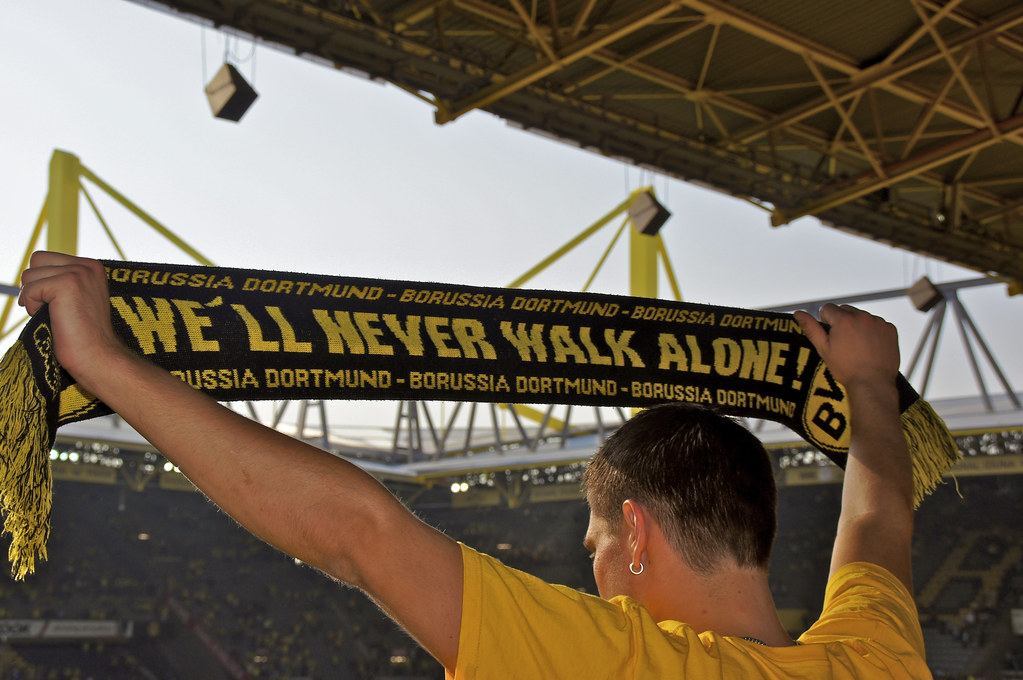
Affordable beer. Affordable food. Affordable tickets.
Fans matter in German football more than they do anywhere else.
But why is it so vastly different to England, for example?
While in the Premier League, owners invest from the USA, Saudi Arabia, China and the UAE, in Germany, football belongs to the fans – literally.
Every Bundesliga club is owned by its supporters.
In 1998, the German Football Association (DFB – Deutscher Fußball-Bund) introduced the ‘50+1’ rule.
Today the rule stands as a major talking point when discussing German football, and as an overwhelmingly positive concept that many fans across the globe wish to be implemented in their own countries.
‘50+1’ ensures that at least half (50%) plus one share of a club is owned by members’ associations.
The rule prevents any private investment and keeps Bundesliga clubs financially secure.
Exceptions
However, some clubs don’t quite meet the criteria.
The rule grants investors who have had an interest in any club for over 20 years exemption from the rule.
Therefore, Bayer Leverkusen, owned by German pharmaceutical company Bayer since 1904, and VFL Wolfsburg, owned by automobile company Volkswagen since 1945, are exempt to the rule.
Not all fans agree with this, however.
Such is the case for Hoffenheim, a village club owned by former player Dietmar Hopp – co-founder of software company SAP. He has been investing in ‘1899’ since 1990.
Commonly referred to as ‘Red Bull Leipzig’, RB Leipzig have their own interesting case.
“Football is dying in Leipzig”.
In protest against RB Leipzig’s ownership model, Union Berlin fans staged a ‘funeral march’ on the way to #RBLFCU earlier today.
DW’s @MaxMerrill_ was on the scene. pic.twitter.com/E1eUDhkL4t
— DW Sports (@dw_sports) January 18, 2020
Founded in 2009 as ‘RasenBallsport Leipzig’ (RasenBallsport has no literal meaning), energy drink company Red Bull purchased the playing rights of fifth tier side SSV Markranstädt, before rebranding as RB Leipzig.
The club has very few members, with a higher annual membership fee than other clubs.
Most of their members are employed by who? Red Bull.
German football: declining?
While Leipzig are hitting their projected trajectory amidst a rapid rise, German football as a whole is stagnating.
There has been just one Bundesliga champion in the past 11 seasons: Bayern Munich.
Meanwhile, in Europe, no German side has reached the UEFA Champions League semi-finals in the past three seasons.
Before that, only Bayern (five times) and Leipzig (once) reached that stage (in those 11 seasons).
BAYERN MUNICH ARE BUNDESLIGA CHAMPIONS 🏆
11 LEAGUE TITLES IN 11 YEARS 😱 pic.twitter.com/OqkCh7DyLW
— ESPN FC (@ESPNFC) May 27, 2023
The Bavarian giants met Borussia Dortmund in the 2013 final. But since then, as BVB yearn to return to their glory days, Bayern have only strengthened their grasp on the Bundesliga.
In that time, Dortmund have finished as runners-up to their ‘Klassiker’ rivals seven times.
So is German football truly healthy or is it significantly declining? And is this the fault of the ‘50+1’ rule?
Has 50+1 ran its course?
The rule prohibits any new private investment.
Football as a sport is becoming ever more commercialised and is only going further in that direction.
There’s a lot more money to be made in the game nowadays and there’s plenty of people at the top exploiting that.
It’s why leagues such as the Premier League have seen such outrageously high spending over the years.
That isn’t the case in Germany – except for Bayern. Some of their shares are owned by Adidas, Audi and Allianz and they have the most members in the country (300k).
As of 2023 data, Borussia Dortmund (168k) and Schalke (164k) have the next highest number of members, at just over half of Bayern’s total.
Bayern aside, German clubs struggle to compete in Europe these days and on the whole, their squads can’t match those of the big clubs in England, Spain and Italy.
Modern footballers can be tempted by the pay packages of other leagues, notably Saudi Arabia, and by leagues more competitive than the Bundesliga.
The Bundesliga doesn’t have the money to compete anymore. Germany won the 2014 World Cup with predominantly domestic-based players but the game has changed now. The money is elsewhere.
‘50+1 bleibt!’
But the Bundesliga is strong on its morals. When the emergence of the European Super League controversially rocked the sporting world in 2021, no German clubs were involved.
The Bundesliga boasts the highest average attendances in world football.
Clubs are primarily debt-free. Some of those that may be struggling somewhat financially were heavily affected by having to renovate stadiums for the 2006 World Cup.
Fans are the heart and soul of the game. If they don’t like something, they can force a change.
Just a few years ago, when the DFB announced that Bundesliga football would be televised on Monday nights, fans boycotted those first Monday night matches.
https://twitter.com/brfootball/status/965695070161776641
What was the outcome? ‘Montagsspiele’ were cancelled by the DFB.
While there’s pieces of evidence to back up a claim suggesting that German football is declining and lagging behind the rest of Europe, there is also evidence to counter that.
Just 18 months ago, Eintracht Frankfurt lifted the UEFA Europa League for the second time.
Meanwhile, Union Berlin’s rapid rise from the second tier to the Champions League has proven that clubs don’t need private investment. Merely a sufficient structure and footballing plan are required to achieve results.
In April this year, Bayern Munich fans went to Manchester City’s Etihad Stadium and made their feelings clear about the English champions’ owner Sheikh Mansour.
‘Glazers, Sheikh Mansour, all autocrats out! Football belongs to the people,’ read a banner in the away end.
Banners are no rarity on the German terraces.
“Glazers, Sheikh Mansour, all autocrats out! Football belongs to the people.”
Bayern Munich fans displayed this banner during their Champions League clash against Manchester City at the Etihad. pic.twitter.com/fsAaGJ4buM
— ESPN FC (@ESPNFC) April 11, 2023
When Hannover 96 president Martin Kind tried to change the rule in 2009, fans remained vocal on their thoughts.
‘50+1 bleibt!’ (50+1 stays!) remains a common banner at grounds across the country.
Football is the people’s sport. German fans know that and have turned their passion into power.
How do BVB fit into this?
According to data from June 2023, Borussia Dortmund have 168,163 members.
Over 70% of the club is owned by members through shares they can publicly trade.
Puma own over 5%. Evonik own over 8%. Signal Iduna have a share of almost 6%. The remaining 10% is owned by other parties.
The club’s CEO Hans-Joachim Watzke said in 2016: “The German spectator traditionally has close ties with his club.
“And if he gets the feeling that he’s no longer regarded as a fan but instead as a customer, we’ll have a problem.”
This is rather telling. If a private investor had power over a club with as enormous potential as Dortmund’s, who knows what the Black and Yellows could achieve.
A club with such a strong fanbase, culture and history could reach unprecedented heights.
The verdict
Just last season – one of the best campaigns in recent years for ‘die Borussen’ – BVB were knocked out of the Champions League by a Chelsea side that endured the club’s worst finish for almost 30 seasons.
This just goes to show the disparity in finances across Europe’s biggest leagues.
German football may well be declining but the Bundesliga continues to offer some of the most entertaining football on the continent.
Private investment could propel the German game to new levels but the fans don’t want that.
It’s the fans and the morals they adhere to which make football in Germany so special.
50+1 is a model that may seem outdated in the modern age, but it’s something that many fans have called for elsewhere.
Football is for the fans and in Germany, things are how they should be. That’s why ‘50+1 bleibt’.
(Featured Image: Flickr)

